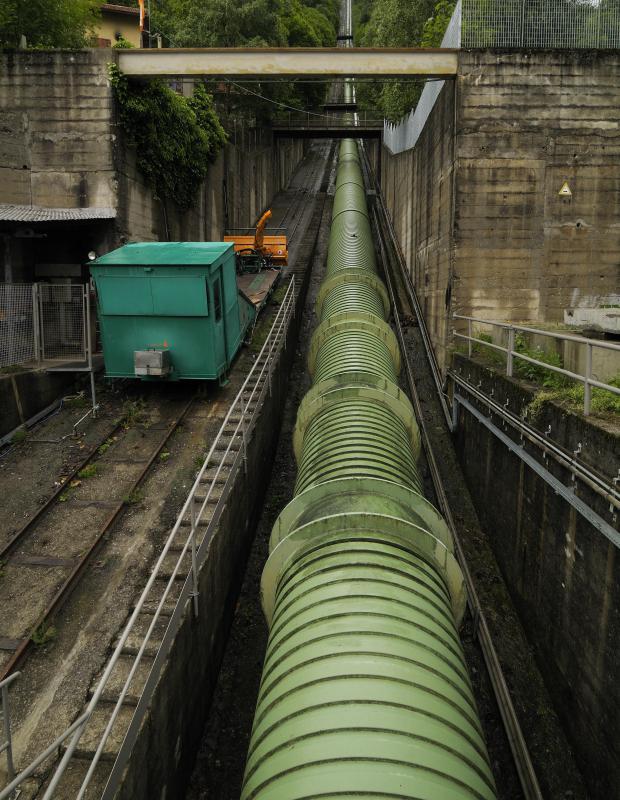At WiseGEEK, we're committed to delivering accurate, trustworthy information. Our expert-authored content is rigorously fact-checked and sourced from credible authorities. Discover how we uphold the highest standards in providing you with reliable knowledge.
What are the Different Types of Black Water Treatment?
Black water treatment methods make use of physical, biological, and chemical methods to treat the solid and liquid organic and inorganic waste, commonly known as sewage, produced by humans via bodily excretion and domestic activities, as well as agricultural, industrial and commercial activities. The goals are to remove solids, break down organic compounds, eliminate microorganisms that cause disease, remove harmful chemical substances and prevent or eliminate offensive and harmful odors and soil discoloration. The different types of black water treatment include septic tanks, cess pools, soil drain fields, chemicals, biodigesters, composting toilets and black water recycling systems.
How effective a black or gray water treatment method is in treating the biological portion of the waste stream is perhaps the most important factor when considering the different types of water treatment. This portion contains bacteria, viruses and protozoans that cause diseases in humans. Black water might also contain harmful inorganic chemical elements, such as nitrogen and phosphorous, which are commonly found in fertilizers, as well as potentially toxic heavy metals, such as cadmium and mercury.

Septic tanks and soil drain fields have been, and continue to be, the most common type of on-site black water treatment system in the United States for homes and small groups of homes that are not connected to a centralized, usually municipal, wastewater or sewage treatment system. They typically use physical and biological means for black water treatment. The former include percolation and filtration — through gravel, sand and activated charcoal. The latter take advantage of anaerobic and aerobic digestion by naturally occurring bacteria for water treatment.

Treating black water can also involve the addition of chemicals, such as chlorine, to disinfect the black water. In addition, chemicals can be added that cause reactions that result in the removal of harmful organic and inorganic substances. At the opposite end of the treatment quality scale, cess pools, or cess pits, have long been used as an often cheaper alternative, because they are sealed tanks designed simply to hold sewage until it is pumped out and transported elsewhere for treatment.

Alternatives that strive to mimic nature´s way of treating black water are also being used because they are considered less ecologically harmful. These include biodigesters, man-made wetlands and reed beds, composting toilets and black water recycling systems. Biodigesters typically seek to make more efficient, effective use of anaerobic and aerobic digestion to treat black water. Plants that absorb nitrogen, phosphorous and even metals might be planted in a man-made wetland or reed bed.

Black water recycling systems make up another category of black water treatment systems. In general, these also typically use the various types of physical, biological and chemical methods for black water treatment. The difference between this and other types of treatment is that the treated water is then recycled back into the black water system loop rather than being discharged.
AS FEATURED ON:
AS FEATURED ON:















Discuss this Article
Post your comments